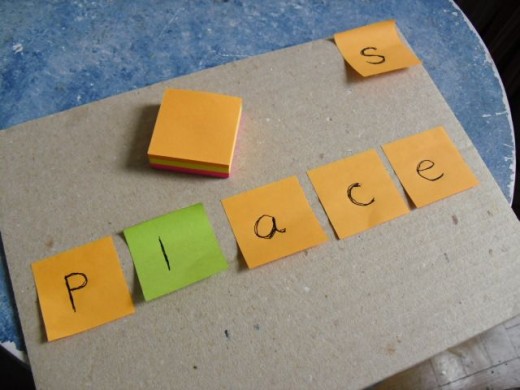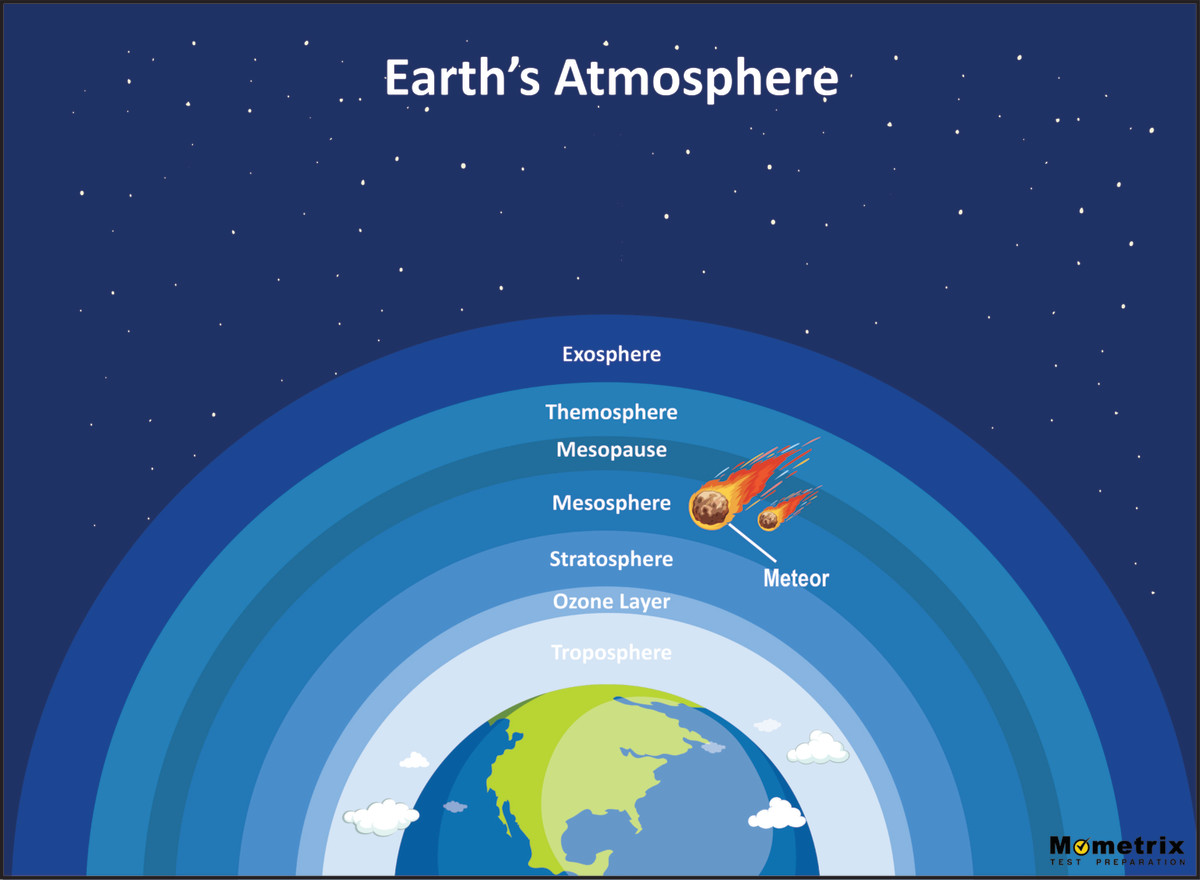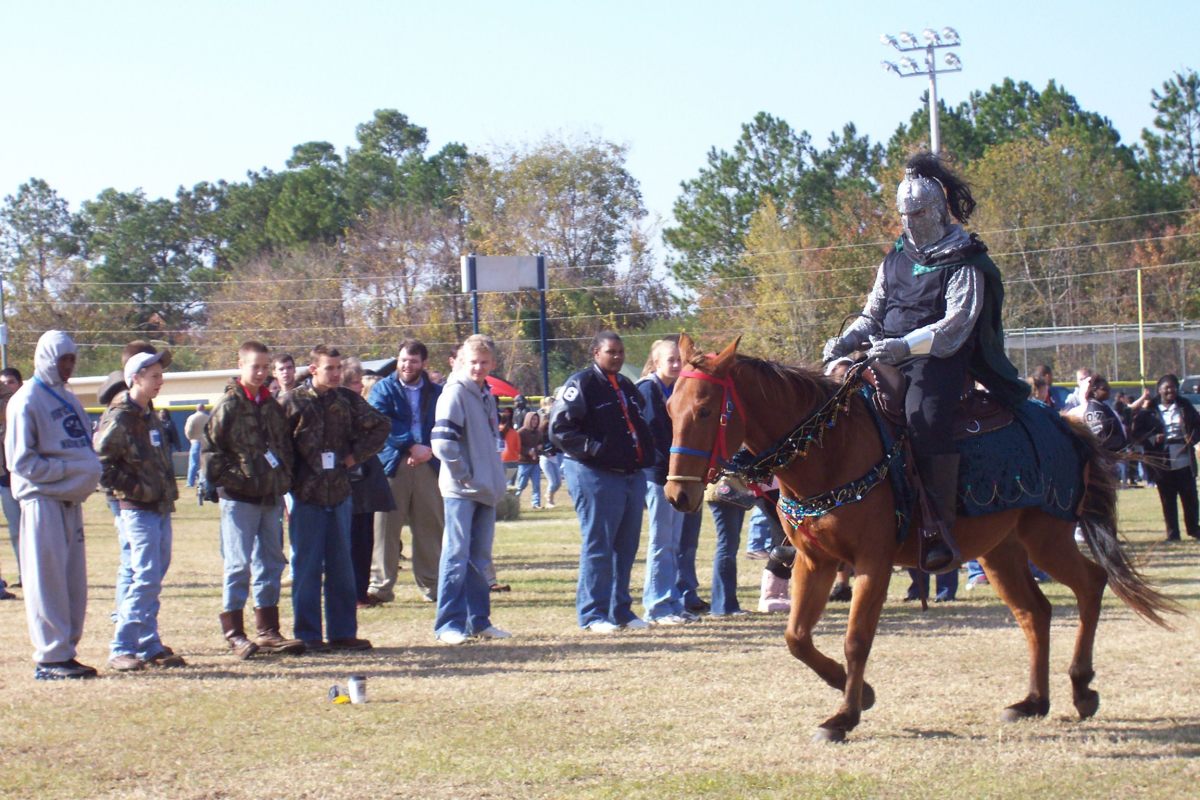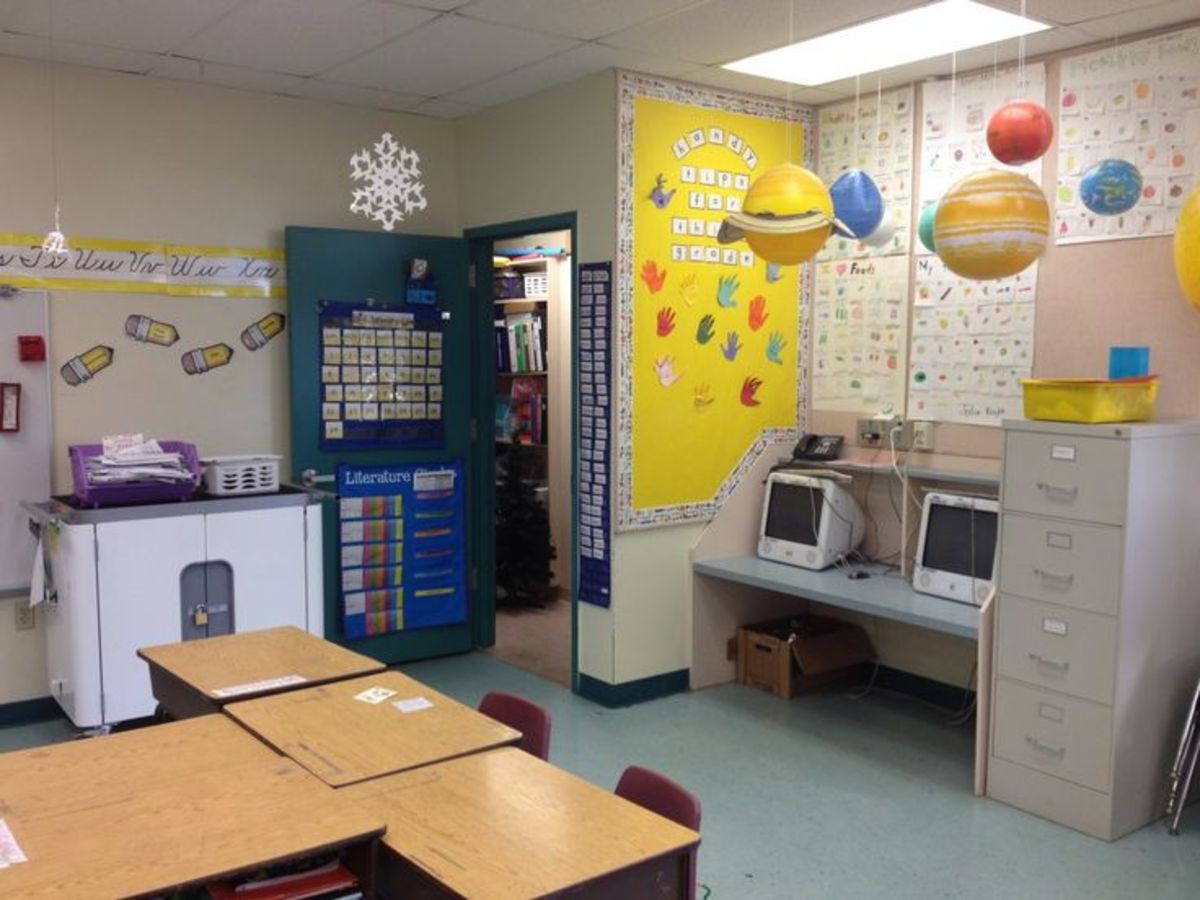Making Words: Hands-on Fun
My copy of Making Words is falling apart. It has surely seen some use over the years. I've carried out hands-on lessons in the classroom and on tutoring gigs. I even recommended the book recently to a homeschooling mom... not that the recommendation caused wear and tear on my particular copy.
Making Words is a word study resource with a game element. It is part of the Four Blocks system, which promotes a "balanced diet" of guided and independent reading, writing, and 'working with words. (You might think of it as the "my plate" of literacy.)
Making Words is based on recognizing patterns in words. One thing I like about the approach: It's fun! In a standard lesson, students start with a group of letters. All of the letters go together to form a mystery word: one that's long and tricky to guess. But little kids don't start by guessing that great big word -- oh, no! In fact, they start by making very short words. Thus they get to see how big words are built from little ones. The teacher cues them by telling them to add one more letter, rearrange the letters they have, or take them all off their work area and begin anew.
There's learning built into even simple rituals. Giving children the 'clue' that a word has four letters does more than help them get the right answer. As author Dorothy Hall notes, this forces them to think about the letters they don't hear. (Aren't a lot of words longer than those phonetic representations primary school kids like to make?)
In the classic version, all the children make words at their seats, and one child comes up each round to make the word for the whole group. At the end of the lesson, children sort their words into categories based on letter patterns. Then they extend their learning -- they are asked to imagine that they're writing and need to spell some word that sounds similar, but has a different beginning sound (or onset). Aha! Transfer!
I first used the program when teaching a second and third grade combo at a charter school. It succeeded in engaging a diverse group. There were advanced learners who were very focused on finding that mystery word, and who could barely control the impulse to blurt it out. Even the children who needed support wanted to come up and make words for the group.
Making Words vs. Words Their Way
Making Words isn't the only program that involves pattern making and manipulation of letters or words. Also well known is Words Their Way. There are some key differences between the two programs. Words Their Way is based on sorting whole words, not rearranging letters. The curriculum is leveled and sequential; children are plugged into a particular level based on their developmental spelling stage. Words Their Way is a good choice for someone who has ESL and special education assistants in the room during language arts block (plenty of adults to sit with small groups and help them stay motivated).
But the Words Their Way daily routines lack the game element. The sorting can become monotonous and not feel 'their way' at all. Since children manipulate whole words, they have to cut out a new group of words each week. For some kids, this is no problem. For others, it's tedious or downright difficult.
There is not as much formal assessment built into Four Blocks, but a sensitive teacher can learn a lot about individual students from how they tackle the task of constructing words. Making Words is designed to be multi-level. There are multiple letter patterns introduced (or reviewed) in each lesson, and not all children will get the same thing out of the activity. The teacher walks the room, observing and helping individuals.
Both approaches have their pluses. Words Their Way includes a wealth of material about 'spelling stages', and if you explore the curriculum in an in-depth way, you will find games and activities to break the monotony. I think it's easier, though, for a teacher or parent to pick up a copy of Making Words, invest a little time, and make word study engaging.
I can see Words Their Way working well in a classroom where children are used to selecting work activities and using materials Montessori-style. Making Words, meanwhile, is great for the teacher who holds attention well in a whole group setting. Clues and guessing: This can turn into a rollicking good time! (It's not that I've never seen revelry associated with Words Their Way, but it's generally a less task-oriented hilarity, and more difficult to reign in.)
Designing Lessons on the Fly
One doesn't have to have curriculum in hand to run a lesson. However, it takes some forethought to craft one. The teacher or parent needs to think of a word of an appropriate length that includes letters that can forms pattern that are at the right level for the students. (For example, they may want to reinforce particular consonant blends or long vowel patterns). It is also important to work out the sequence of words in advance. I find myself changing my mind, crossing out words and writing in new ones as I try to include as many words as I can and give the appropriate amount of attention to different patterns.
One advantage, of course, to designing lessons is that it is possible to create multiple activities for patterns one want to reinforce. If teachers have used what they have, they can keep going. It's easier for a teacher who has actually used the original curriculum. It doesn't hurt to be a good Boggle player, too.
Live from the Classroom
It's not just kids who benefit from experiencing things with more than one of their senses. This video series shows Making Words in action: from passing out materials to extending and transferring.
Grade Level Resources
There have been a lot of takes on Making Words over the years; potentially they can meet a lot of different needs. Some books are designed for particular grade levels. Early editions were put out by Carson Dellosa, more recent ones by Pearson (a company I associate with academic rigor).


Photo Gallery

Making Words vs. Words Their Way
Making Words isn't the only program that involves pattern making and manipulation of letters or words. Also well known is Words Their Way. There are some key differences between the two programs. Words Their Way is based on sorting whole words, not rearranging letters. The curriculum is leveled and sequential; children are plugged into a particular level based on their developmental spelling stage. Words Their Way is a good choice for someone who has ESL and special education assistants in the room during language arts block (plenty of adults to sit with small groups and help them stay motivated).
But the Words Their Way daily routines lack the game element. The sorting can become monotonous and not feel 'their way' at all. Since children manipulate whole words, they have to cut out a new group of words each week. For some kids, this is no problem. For others, it's tedious or downright difficult.
There is not as much formal assessment built into Four Blocks, but a sensitive teacher can learn a lot about individual students from how they tackle the task of constructing words. Making Words is designed to be multi-level. There are multiple letter patterns introduced (or reviewed) in each lesson, and not all children will get the same thing out of the activity. The teacher walks the room, observing and helping individuals.
Both approaches have their pluses. Words Their Way includes a wealth of material about 'spelling stages', and if you explore the curriculum in an in-depth way, you will find games and activities to break the monotony. I think it's easier, though, for a teacher or parent to pick up a copy of Making Words, invest a little time, and make word study engaging.
I can see Words Their Way working well in a classroom where children are used to selecting work activities and using materials Montessori-style. Making Words, meanwhile, is great for the teacher who holds attention well in a whole group setting. Clues and guessing: This can turn into a rollicking good time! (It's not that I've never seen revelry associated with Words Their Way, but it's generally a less task-oriented hilarity, and more difficult to reign in.)



